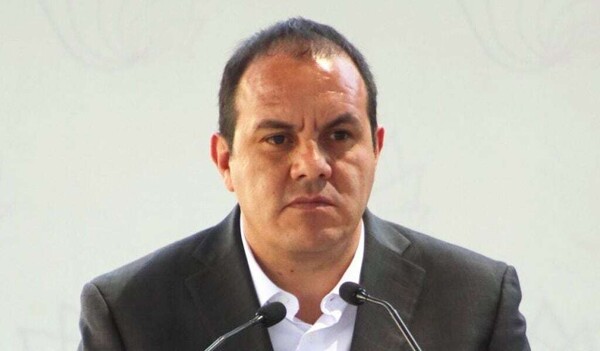The importance of information about physical activity is fundamental for adequately prescribing nutrients and energy, according to academic Mariana Valdés Moreno. Valdés Moreno also warns about the promises of rapid weight loss that can compromise health, emphasizing that nutritionists educate for behavior modification and propose strategies based on individuals' tastes and preferences.
The expert highlights that consulting a nutritionist is a long-term investment in health, especially considering the high social and individual cost of chronic diseases associated with obesity. Valdés Moreno emphasizes that weight is not the only indicator of health; body composition, which includes the relationship between fat and muscle, is crucial for understanding a person's health status.
For those wishing to change their eating habits, Valdés Moreno recommends having the support of a nutrition professional and, in more complex cases, also a medical review. In addition, she highlights that 30% of the population presents hypertension and that more than half do not take non-pharmacological measures, such as diet or exercise.
Valdés Moreno insists that the intervention of nutritionists must be comprehensive, working in collaboration with psychologists and sports trainers to achieve the best results. The nutritionist warns about the dangers of following drastic diets and promotes professional support for a healthy transformation.
At the beginning of a new year, many people seek to change their lifestyle to be healthier. According to Mariana Valdés Moreno, head of the Nutrition Degree at the Faculty of Higher Studies Zaragoza of UNAM, it is crucial to have the advice of nutritionists to modify behaviors and learn to eat healthily. The expert emphasizes the importance of not being swayed by popular "diets" on social media that promise quick changes without effort, as they can affect health, especially in people with non-communicable chronic diseases like diabetes or hypertension. According to the National Health and Nutrition Survey (Ensanut) 2020-2023, 18% of adults in Mexico have diabetes, but one-third are unaware of their condition. Valdés Moreno highlights that nutrition services are available in public and private institutions, being fundamental to promoting a healthier lifestyle.














